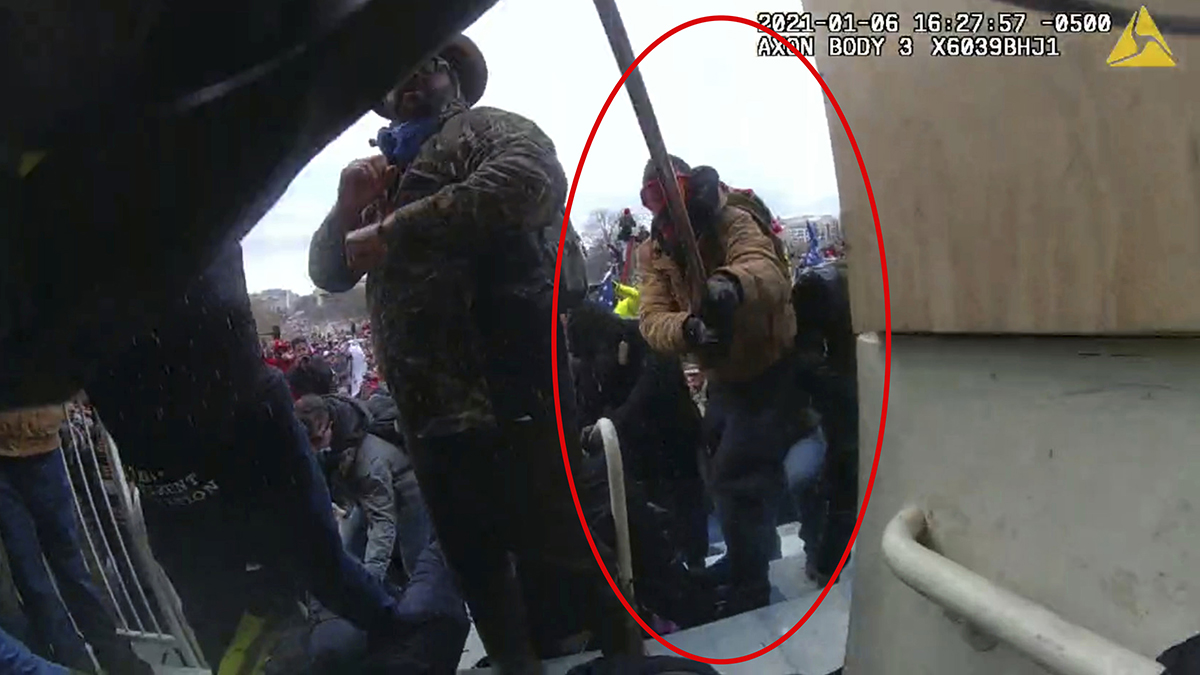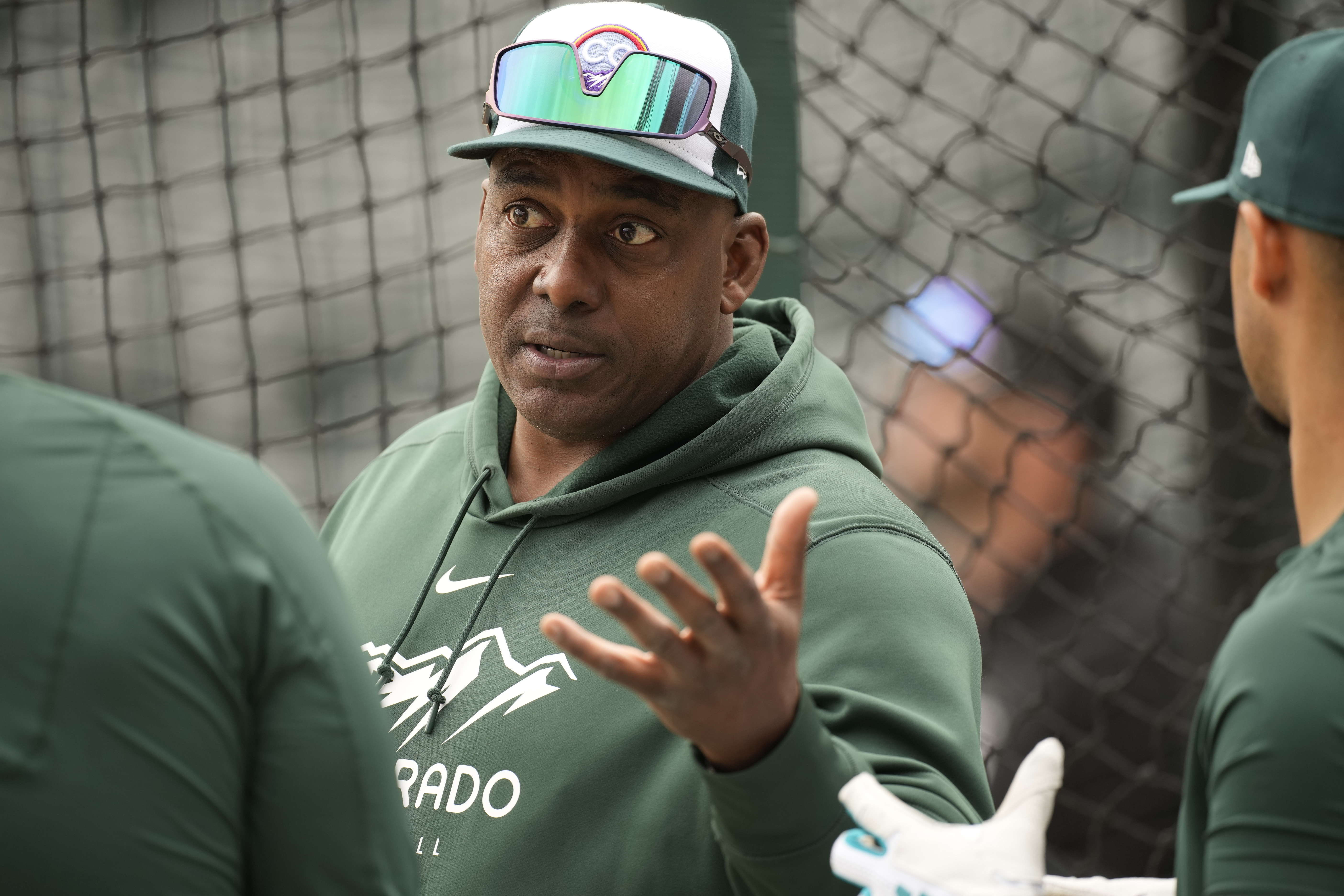A team of meteorologists from San Jose State is helping fight the massive Detwiler Fire near Yosemite, using their knowledge and technology.
Two men from the team just returned from the front lines in Mariposa County after spending the past 36 hours there. What they found not only helped firefighters battling the flames now, but could also be used to fight fires better in the future.
The massive Detwiler Fire spread to more than 70,000 acres Thursday and has destroyed 50 homes -- not exactly an ideal setting for study and research. But that's what the San Jose State Fire Weather Research Lab team just finished doing. Specifically, the researchers collected data using a Doppler lidar and fed it to firefighters to protect them and homes in real time.
"It can see through smoke plumes fantastically," graduate research assistant Chris Camacho said.
The reason it's important is wildfires can create their own weather, the team said. On Wednesday night, for instance, flames and smoke from the wildfire started swirling like a tornado.
"When columns rotate, they become a dangerous situation for firefighters," said Craig Clements of the SJSU meteorology team. "One thing with the Doppler lidar that we have is we can scan across the fire, and we can detect that circulation before it's visible."
Those dangerous plumes can be hard to detect in situations like the Detwiler Fire, where it's tough to see anything from the ground. Or when large banks of flames break out.
U.S. & World
"So you can't really see the overall height that the smoke is being ejected to," Camacho said. "Although we are able to see that with lidar. We're able to see through the smoke."
The researchers say their tool is one of a kind in the United States and can help fight future fires by analyzing all the data they collect, showing how fires behave and how they can be controlled.
"I'm very fortunate to be able to take something I'm very passionate about and apply it in a real world manner that can actually help," Camacho said.
The scientists also say they're the only fire weather research team on the West Coast to have fire credentials, enabling them to get right up close with firefighters.



